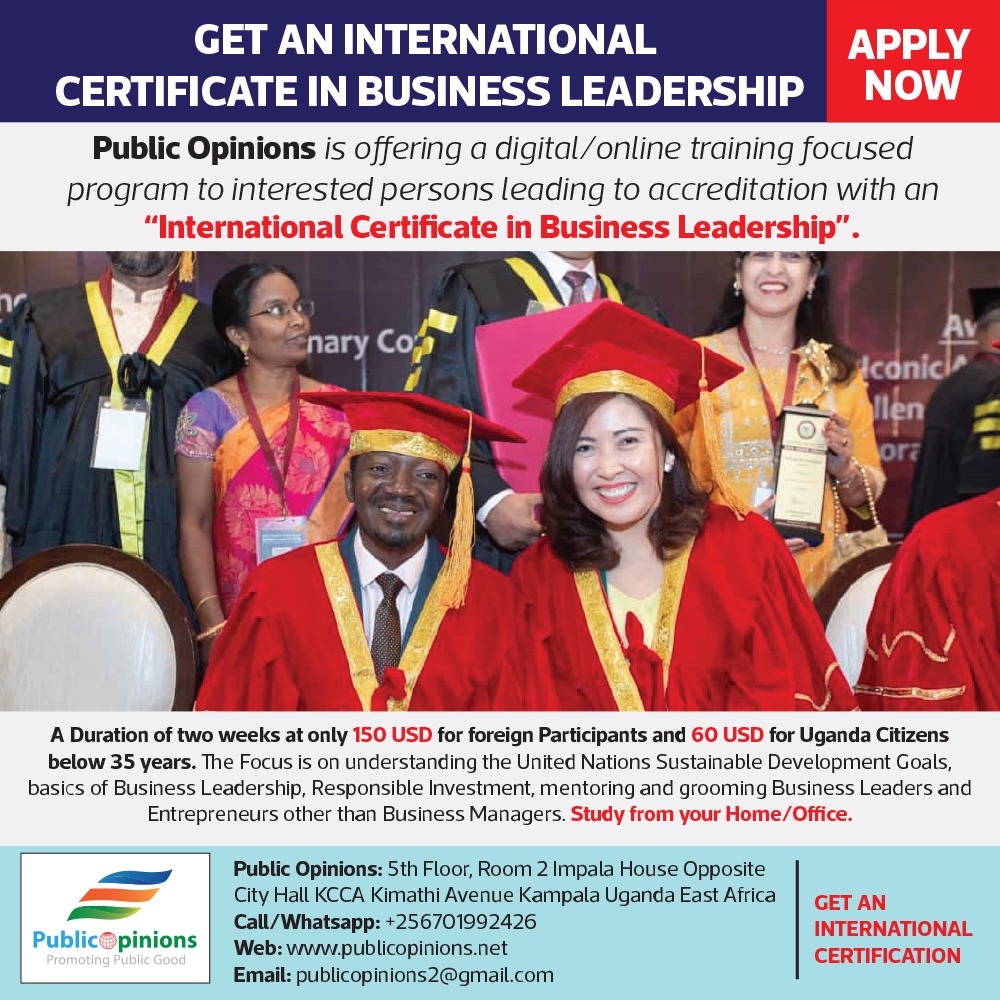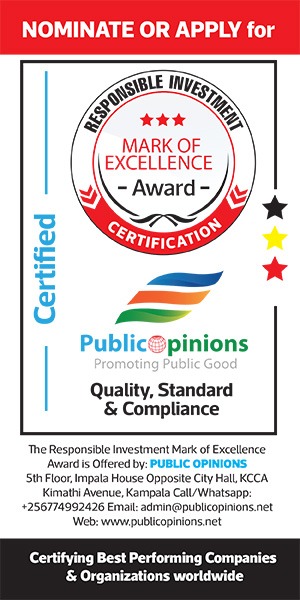USAID SIERALEON is a winner of the 2015-2016 West Africa Sustainable Development Award and ACCREDITED WEST AFrica Top200 Sustainable Development Agencies 2015-2016
United States assistance in Sierra Leone is vital to maintaining peace and security and ensuring the development of the countries of the Mano River basin. Since 1961, USAID has helped Sierra Leone gain political stability, achieve food security and strengthen democratic governance through targeted assistance to key sectors such as education and agriculture. In 1974, the U.S. downgraded its development assistance for almost two and half decades, resuming full operations in 1999 to help bring closure to the country’s civil war. Using a two-pronged approach during the war years (1991-2002), USAID provided humanitarian and emergency assistance, promoted reintegration and reconciliation, and supported the implementation of the Lome Peace Accord which brought an end to the decade-long civil war.
In 2000, the U.S. Government reignited its programs in Sierra Leone, aiming to reduce the threat of regional destabilization, to raise awareness of the widespread atrocities that were committed during the civil war, and to increase international support for the government and the people of Sierra Leone.
During the Transition Strategy from 2001-2003, USAID focused on the social and economic reintegration of war torn communities including disarmament and reconciliation, and strengthening democratic governance. A limited program transitioned into a broader assistance portfolio with USAID’s mission in Guinea providing overall coordination and oversight for the Sierra Leone program.
Since 2006, USAID has identified opportunities to enhance democratic governance. It has supported legitimate and transparent trade in diamonds through the Kimberly process, and promoted equitable benefits to communities; it has used community engagement and mass media to support the way government, citizens, and civil society work and interact at all levels; it has helped to improve the income of rural households; and it has increased and led participatory management of forest resources.
Moving forward, USAID will build upon current gains in Sierra Leone to deepen good governance programs and to foster economic growth through public-private partnerships on its path towards a peaceful and prosperous future.
USAID WORK IN SIERALEON
Agriculture and Food Security
Agriculture remains the backbone of the Sierra Leone economy and contributes about 50% of GDP. Poverty is directly linked to the problems faced in agricultural production and commercialization. The government-imposed Ebola response measures such as travel restrictions, quarantines, reduced business hours, closed markets, and bans on public gatherings limited the ability of farmers to harvest and sell their crops during the outbreak; widespread household income loss, labor shortages and widespread food insecurity especially in hard hit Ebola regions.
USAID assistance supports community-based savings and loans schemes, provides innovative grants to small – and medium-sized enterprises along the value chain, introduces new agricultural technologies, strengthens linkages between farmers and markets, and provides business training and assistance to producer and market associations. Women and youths are both beneficiaries and partners in all these interventions. USAID is currently in the assessment phase for a Feed the Future program. Findings from the assessment will inform the development of a strategy for food security that will endeavor to raise farmer incomes, increased private sector investment in agriculture, improved household nutrition practices and reduced stunting.
Democracy, Human Rights, and Governance
Sierra Leone is growing into a vibrant democratic society, increasing its stature as a key player in international peace-keeping operations. In 2012, with support from USAID and other partners, Sierra Leone conducted transparent and credible presidential elections that peacefully ceded leadership to the opposition party. However, a lack of depth in transparent and participatory governance and the rule of law, and the negative impact of corruption and unclear roles and responsibilities in local governance remain key impediments to rebuilding and strengthening democratic practices. USAID is currently supporting the Women Empowered for Leadership and Development (WELD) project that aimed at reducing the significant ongoing barriers to women and girls’ full integration into the decision-making sphere at the household, community and national levels.
Global Health
Prior to the Ebola outbreak in May 2014, the range of systems within the health sector was very weak: service provision, commodities management/logistics, human resources, health management information, and management structures were severely lacking throughout the country. With Ebola affecting all of the country’s 13 districts, including the capital, the disease has taken a toll on the country’s health system. Malnutrition remains a major challenge, as the health system is not able to meet the demands of a growing population. USAID addresses chronic malnutrition by promoting exclusive breastfeeding for the first six months of life, supporting health and nutrition education for pregnant women and mothers, and providing blanket feeding for children under two and lean season feeding to vulnerable households. USAID is collaborating with stakeholders to develop a coordinated approach to improved agricultural production, nutrition practices, breastfeeding and food supplementation. USAID builds the capacity of both health staff and community health workers to deliver health care in critical areas such as neonatal and childhood illness, reproductive health, infant and young child feeding, acute malnutrition and growth monitoring. Instances of water-borne disease are reduced by providing bio-sand filters in health centers, rehabilitating wells and toilets, and promoting hygiene education.
Accredited a WEST AFRICA TOP200 Responsible Investments by;
Public Opinions International
P.o Box 35297 Kampala-Uganda
Tel:+256774992426
Web:www.pubopinions.org



















